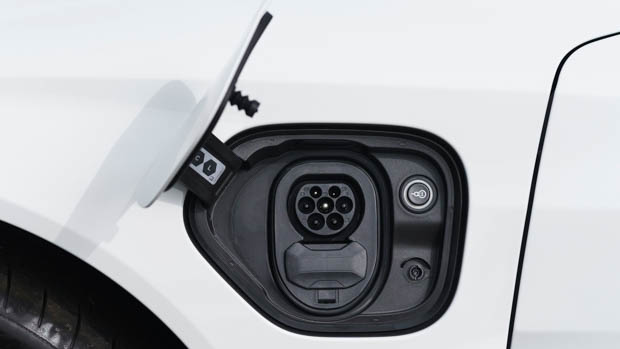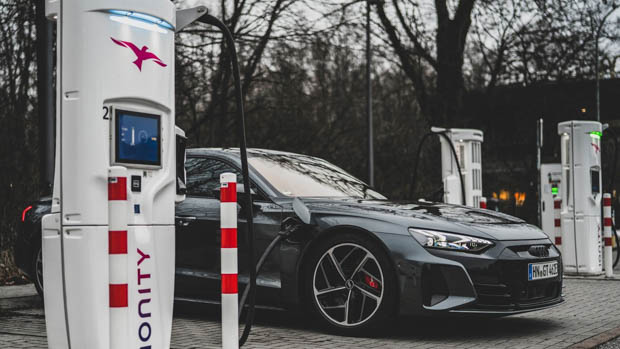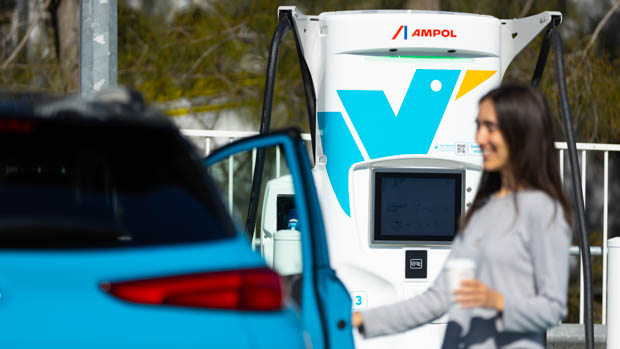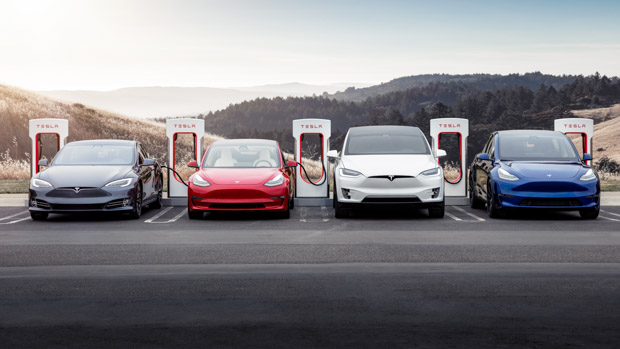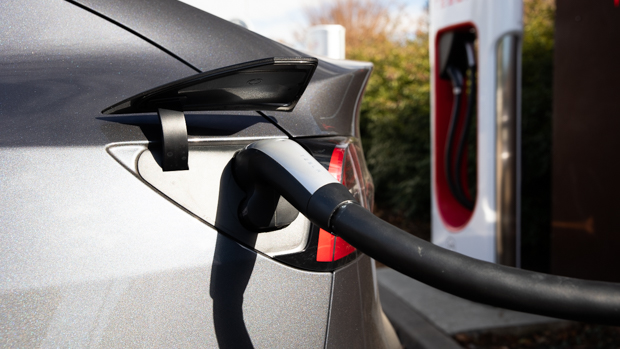-
Car Reviews
- Car News
-
Car Comparisons
Latest comparisons
- Chasing Deals
‘Plug & Charge’ is an unknown framework for many, but hopes are that it will develop into a standard practice for automatic EV charging payments – eliminating frustrating apps
General Motors has announced it will make the Plug & Charge software framework available for all of its future electric vehicles through the EVgo charging network.
But what is Plug & Charge? Essentially, it’s a software framework that allows an electric vehicle to share its owner’s payment details directly with an EV charger, eliminating the need to use frustrating charging apps to start and pay for each EV charging session.
This is a facility Tesla owners already enjoy. The American electric car specialist operates its own Supercharger DC charging network. Superchargers detect the car being charged and bill the owner automatically, and directly, without the need to swipe to pay every time.
EVgo is an American electric fast charging network that has over 850 chargers in the US, which is on the smaller side when compared to its biggest competitor, Chargepoint, that has over 18,000 chargers across the globe and a total market share of 70 percent.
Also to note in the US EV space is Electrify America which has 800 stations of its own with around 3500 individual chargers available to use publicly. It has been using Plug & Charge since November 2020.
Plug & Charge allows for a seamless experience when plugging in an electric vehicle to charge. It instantaneously starts the charging process while also billing your car’s account, meaning that owners will not need to get out their phone or credit card details to start the charge.
This not only saves time but makes electric car charging more convenient, especially if the owner is in a rush.
Plug & Charge is still relatively new in terms of electric vehicle charging technology. It’s a system that was introduced back in 2010 and basically works by processing payment for charging through the vehicle itself rather than through a third-party application on your mobile or via a credit card.
The official name for the standard is ISO 15118, which probably doesn’t mean much to most, but decoding it reveals that it is a vehicle-to-grid communication interface for bidirectional charging of electric vehicles.
By the end of 2018, very few, if any electric cars were using the technology, however that is starting to change.
As of August 2022, the Porsche Taycan, Ford Mustang Mach E and Mercedes-Benz EQS sedan are some of the only cars installed with plug and charge abilities.
According to research by SAE International done in 2020, Tesla has been using a proprietary version of this system in its supercharger network since 2012.
It’s expected that a larger number of vehicles will incorporate this system over time, however for now the seamless payment ability is reduced to just a handful of cars.
Most of the time, EV owners use the mobile application associated with the charging company, such as Chargefox, Evie or AmpCharge, which is the newest development by Australian petroleum company Ampol.
A variation of Plug & Charge is available at Tesla superchargers in Australia designed for the company’s 3, Y, X and S models.
It all happens when the owner plugs in their Tesla to the supercharger. The charger then talks to the car and recognises the owner’s payment setup and instantly charges the owner for whatever amount of electricity is taken.
As the technology becomes more prevalent in the United States and Europe, it should trickle down to Australia in time, however it could take some time as Australia still needs significant development to its charging infrastructure.
Latest news
About Chasing cars
Chasing Cars reviews are 100% independent.
Because we are powered by Budget Direct Insurance, we don’t receive advertising or sales revenue from car manufacturers.
We’re truly independent – giving you Australia’s best car reviews.
